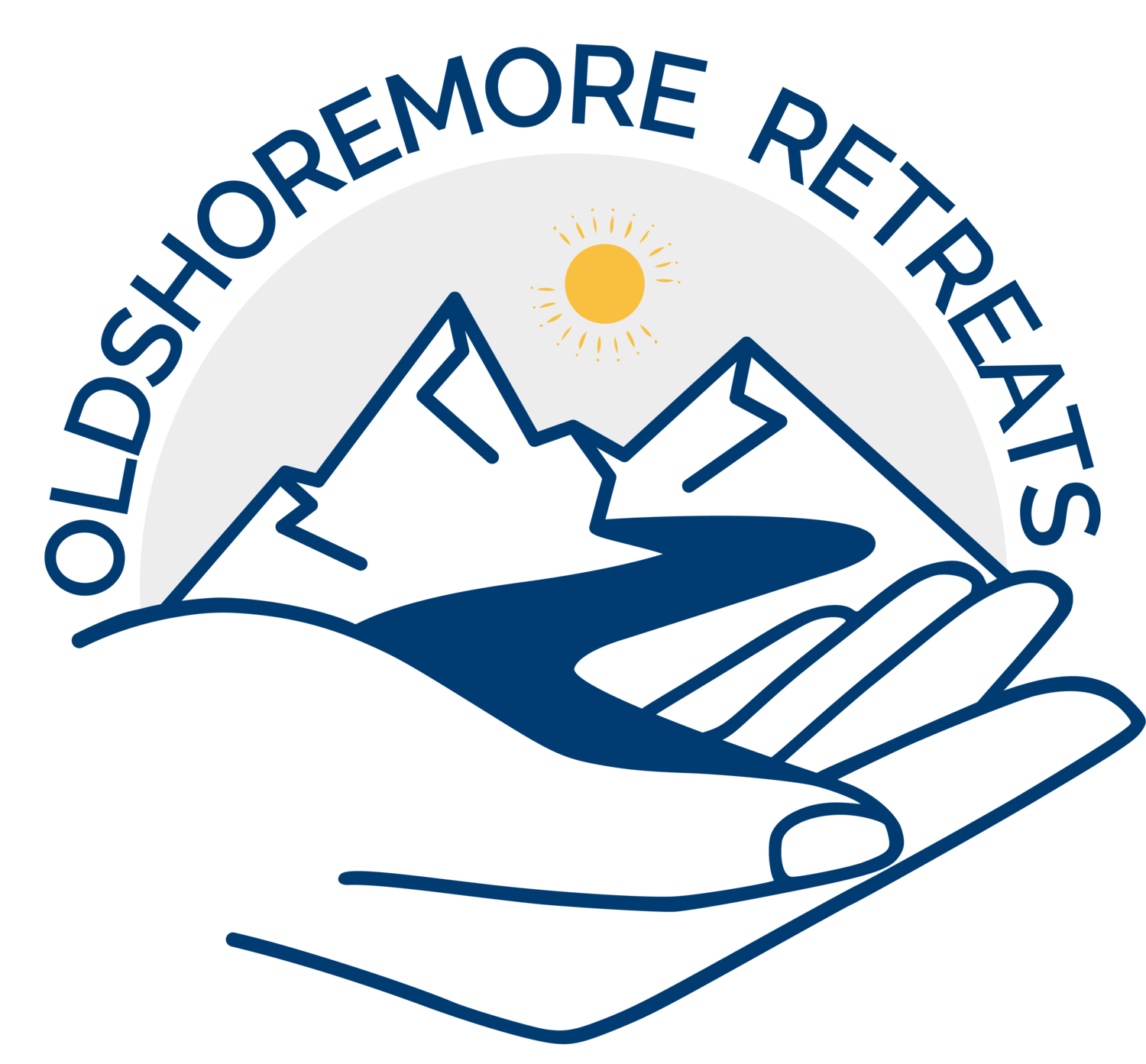The Narcissistic Parent
Parents who are preoccupied with power or who have an exaggerated sense of their own achievements are demonstrating traits of a personality disorder known as narcissism. Their need for attention often leads to them exploiting those around them for personal gain and the envy they feel towards their children can create a culture of bullying and resentment. Narcissistic parents live in a fantasy world and spin a web of lies in order to create an image of themselves and the family relationships they want others to believe they have. This deception means silent bullying can go on behind the scenes, which is rarely picked up by visitors, friends, or even the wider family.
How Victims are Affected as Adults
Children who have grown up in the shadow of a narcissistic parent often have real difficulty overcoming feelings of inadequacy. They tend to feel that they are never good enough, no matter how hard they try. Self-doubt and indecision will haunt them as they make their way in the world and they will often overachieve, punishing themselves with self criticism and never allowing themselves credit for having done well or worked hard.
Denial
One of the hardest aspects to handle when you are the victim of narcissism is recognising and accepting that the parent or stepparent you needed to love you and protect you, wasn't capable of it. There could be times when that parent was generous and kind but followed by mean selfish behaviour.
"How can they be narcissistic" a client once told me, "they've done such kind things, they were a role model of success, my brother is an alcoholic and I'm a perfectionist but it is his own fault". Well maybe it is his fault but it could also be what Dr Karyl McBride explains as the ‘underachiever and overachiever’ roles taking place. The overachiever in a narcissistic family environment often thinks the underachiever is just lazy or selfish and the blame rests firmly with that sibling and not the parent.
Denial of what is really causing the problems and the poor behaviour of the parent, is a hard pill to swallow for the overachiever. They look for others to blame rather than their parent but constantly look for validation from the parent that they rarely receive. The fact they are an overachiever means they are likely to have had another significant other influence them in their life, perhaps a grandparent or family friend who believed in them and kept them on track.
A victim of narcissism who is an overachiever knows something is wrong in their mind, they will doubt themselves and their decision making but will keep pulling themselves back together until sometimes they just can't do it anymore and either have a breakdown or take some time off. Often it has to get really bad before they seek help. Coming out of denial and accepting that a parent couldn't and will never love them as they want them to, is a releasing feeling. The grief that follows the acceptance is difficult and the victim has to find an alternative parent to give them the love they need, which they sometimes look for in partners but this rarely works in the long term, the nurturing parent they are looking for, has to be within themselves.
Being the nurturing parent to yourself in adulthood is essential, looking after yourself, taking time out to relax and allowing time to just be, rather than constantly achieving or blaming yourself, is a huge step in recovery. On many occasions a person could relapse into driving themselves into the ground through over work or depression but recognising this behaviour is part of the self awareness needed to recover from narcissistic parenting. There is a scene in the film 'Good Will Hunting' that sums up the feelings a victim feels so well. It’s where Robin Williams tells Matt Damon 'It's not your fault' and repeats it until Matt breaks down and accepts it. This is an important statement of fact to accept and only when this is accepted, can recovery really begin.
Where Yoga Helps Recovery
Understanding what lies beneath these feelings of inadequacy and recognising the pattern of behaviour that has influenced you and the effect it is having on your life and adult relationships is the first step towards healing.
Progress will depend on whether there is still regular contact with the parent in question and you may need support to set boundaries that will limit this contact. Gradually, as you take control of your life and become more self aware, the influence of your narcissistic parent will slowly decrease and your own self-belief will take its place. So where does Yoga fit in:
Yoga is a healing process and not just an exercise class, as Edward from The Tree explains.
In the 8 Limbs of Yoga philosophy, explained in the Yoga journal only one of those limbs is the physical yoga practise, the Asana's. The other limbs are just as important and are all ways to live our lives whilst off the mat. Foundational to all yogic thought, they are considered to be the guidelines to the yoga way of living that free you, to take ownership of your life, direct you towards the balance you seek, and gain the skills to choose attitude, thought, and action on your own terms and not as an extension of someone else.
Combining Yoga Practise with Healing therapies such as EMDR are positive ways to break you free from the narcissistic shackles of a controlling parent.
If you are ready to start the journey, check out one of our one-to-one yoga weekends to explore your recovery and healing.

